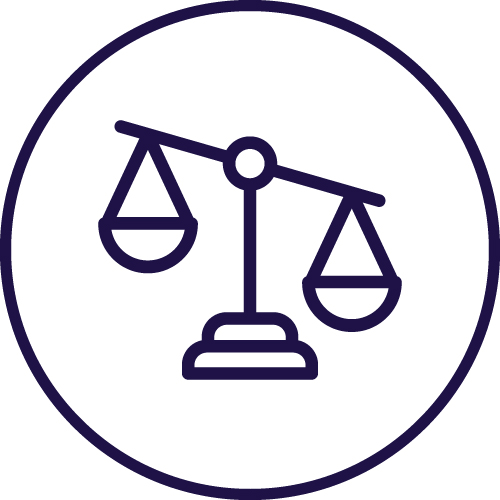WFD’s work in Pakistan focused on two themes. Firstly, promoting accountable politics by assisting the parliament to scrutinise government performance through legislative and financial oversight mechanisms. Secondly, WFD Pakistan worked to improve marginalised and vulnerable groups’ formal and informal political participation. This included strengthening women’s political leadership to help achieve meaningful formal political participation for women in Pakistan.
To achieve these aims, WFD worked with with the Pakistan Institute of Parliamentary Services (PIPS), Women Parliamentary Caucus Pakistan, Standing Committee of Climate Change, Public Accounts Committees, Sustainable Development Goals (SDGs) task-forces and secretariats at federal and provincial levels.
Parliamentary Strengthening through Inclusive and Accountable politics
Supporting Openness and inclusiveness at the Parliament of Pakistan through Commonwealth Partnership for Democracy
Supporting provincial legislatures’ effectiveness in Punjab and Sindh
Improving Parliamentary Performances in Pakistan
Strengthening legislatures' effectiveness
Improved accountability through more robust scrutiny of government performance

More transparent, open democratic institutions with increased engagement with civil society

Increased public engagement with the Parliament through the use of social media tools

Enhanced the capacity of technical legislative drafters through in-depth secondments to the UK
Institutional strengthening and development of national assembly strategic plan 2019-2023 for improved accountability and transparency



